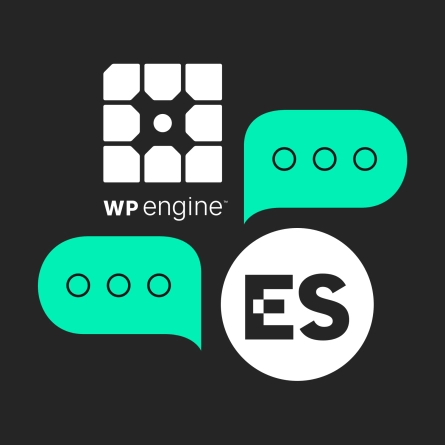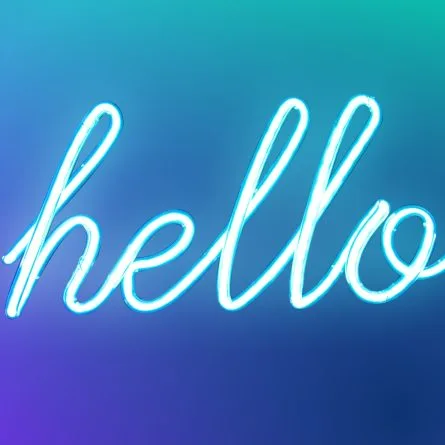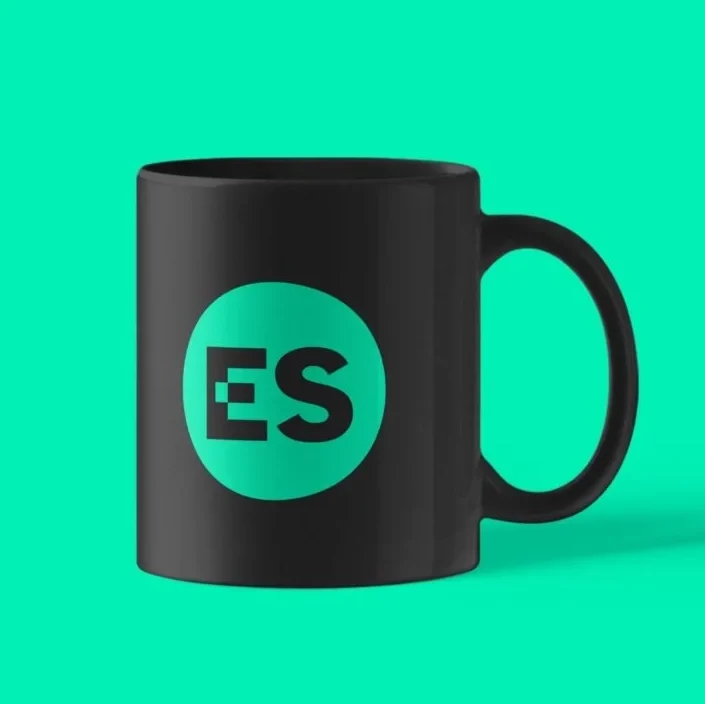Stay Sessions: An Effective Strategy for Boosting Agency Talent Retention
Fostering team trust, professional development & work satisfaction through in-place interviews
Twice a year, our Operations team runs stay sessions with our team members. The goal is just as the name suggests: to find out why our people stay in their jobs.
We value our teammates, their talent, and the energy they bring to our agency, so we like to know what we’re doing right, which areas need improvement, and what motivates them to show up and give their best every day. Put simply, we don’t want to wait until someone gives their 2 weeks’ notice to know what we could’ve done to make their time here better.
How It Works
To be clear, anyone can run a stay session: You ask questions, wait for responses, and write them down. That’s it. But to run a good stay session — where you get tangible takeaways that lead to meaningful improvements — you have to start with an environment of trust that isn’t built overnight. You also need a plan to implement important findings you uncover along the way.
While we didn’t invent stay sessions (or “stay interviews,” as some organizations call them) — nor are we the first to conduct them — we do have a pretty interesting take on them. Here’s a peek at our approach and why it works for us.
Set the Stage
The Marketing Rule of 7 says it takes a person seven times to hear a thing before they actually take action. We put reminders about upcoming sessions in Slack, company newsletters, roundup meetings, and DMs.
“Please Don’t Make Me Talk at 9AM”
To get team members into a headspace where they’re ready to attend and contribute to their stay session, we start from a place of strength where everyone is at their best. If we have an employee who hates morning meetings, for example, we don’t schedule their session for 9AM — even if it’s better for the host’s calendar. In fact, it’s often better to cancel a session than have someone grudgingly attend at 70% of their mental capacity because it’s the first of their 6 meetings that day.
Education Is Key
We don’t give people a script, but we do explain the following:
- How long it will take — Sessions are quick: 30 minutes max
- Who will attend — This is always a team of two: me (People Experience Manager) and a company Partner
- Why we’re doing it — We’re clear about being open to honest feedback and committed to making positive changes.
- What they can expect — We iterate from the beginning that this is a safe space and their privacy will be honored. Stay sessions are completely anonymous unless we have permission to share their feedback with a larger circle as part of a necessary next step, such as giving their supervisor the context needed to guide them in the right direction.
- What we’ll cover — This includes:
- Insights about our work environment
- What they value about their role
- Any challenges they’re facing
- What goals they have & how we can assist in achieving them
- Which benefits or growth and development opportunities they appreciate, and which may be missing. (Note: We look for potential pitfalls in our programming by testing it early. People always need a reminder of what benefits are available, so we come with a prepared list. That way, they aren’t trying to remember that yes, we do have life and disability insurance!)
- Open-ended time to discuss anything else that’s on their mind
“These conversations aim to understand the secret sauce to employee retention, or what an individual loves about working at your company, and what your business needs to change in order to keep them engaged and retained.” —Culture Amp
Generate Excitement
We’ve all had jobs where we wished we had a direct hand in making our experience better. That’s what stay sessions offer — and why they’re so valuable. Team members get to solve problems for other humans they work with, share what they’re concerned about, which benefits they enjoy, and what is missing from their employment “wish list.” We make sure we show that we’re enthused to be part of that process so that energy can be mirrored back in the attendees’ thoughtful responses.
Remember: It’s Not About Your Feelings
We create room for honesty at the very beginning of the session by telling the attendee, “If you have feedback that is about my department or about me, please do not edit yourself for my feelings. In this moment, I do not matter. This is about what you see and need.”
If we do get feedback about our work, we don’t press for the sake of pressing — or try to justify or solve the concern for our own comfort.
Be forewarned: People might cry or sit in silence trying to figure out what they want to say or if they’re even ready to have the conversation. In these cases, we don’t jump to fill the dead air — we let them process, safeguard the space, and give them whatever else they need in that moment.
It’s Okay to Go Off Script
If attendees leave a session feeling like it was a verbal tennis match (Serve – Respond), then something went wrong. We set the tone by entering the session early and joking about weekend plans or how we’re convinced our Google calendar is the only thing holding our lives together. Yes, we have a set list of questions, but it’s not an interview. It’s a dialogue. We talk to them, not at them. If they get stuck on a question, a simple “We can always come back to it” is often all we need.
Some folks struggle to organize all their thoughts and need to process them by connecting multiple tangents. If you aren’t 100% sure of the information you received, read the transcript back to them: “You said xyz. Does that sum up your experience completely? I want to make sure I got that right.” Hearing their own words read back to them allows them to find the connecting threads in their thoughts and consolidate their answer.
It Gets Better With Time
Being honest about emotional needs in the workplace goes against everything many of us have been taught. People who are used to dysfunction and straight-out abuse from their former employers have no incentive to be trusting because they’re coming from a place of “trust can get you got.” In these cases, we find that first-round stay sessions return answers like, “I like employment and have a strong desire to pay my bills.” (I once had a person say that they enjoyed checking their email. Never in life has that answer been true.)
Stay sessions help overcome that distrust and prove that we prioritize more than just output and profit. By planting the seeds in our onboarding process with a brief overview, and showing team members some changes that resulted from feedback, we illustrate the value of stay sessions before they ever attend one.
Leave the Door Open Behind You
A stay session doesn’t end with, “Thank you for your time and candor.” We encourage attendees to think about what was discussed and continue with ongoing conversation. We’ve had people stay after meetings saying, “I had a thought about what benefits I would like to see,” while others DM later with follow-up thoughts about something they’re experiencing. We firmly believe there’s no wrong way to get feedback.
Don’t Let Answers Wither on the Vine
Our team members are our internal clients. And just as we’d never ask a client to provide input without using it, we put stay session findings into practice whenever reasonable and possible. We also present our macro findings to our entire team so they can see where team members align on things that are working and not working for us as an agency.
We recently wrapped our latest round of stay sessions, and we’re proud to report that 100% of our people say they enjoy their work and feel supported by their supervisor and the agency overall. But there’s still work to be done. We know we don’t have to be perfect — we just need to care about our team, listen without judgment, and do something with the trust given to us. Most people don’t expect change on Day 1, but they do need to see that we’re listening and prepared to do the work.
About Toni Irving, Eastern Standard People Experience Manager
As our key developer of company culture and facilitator of operations — spanning everything from HR and recruitment initiatives to professional development and policy creation — Toni is all about committing to innovation and respecting the process to get there. Having studied at both Loyola University New Orleans and the Community College of Philadelphia, she will graduate from Chestnut Hill College in August with a BS in Organizational Dynamics.



